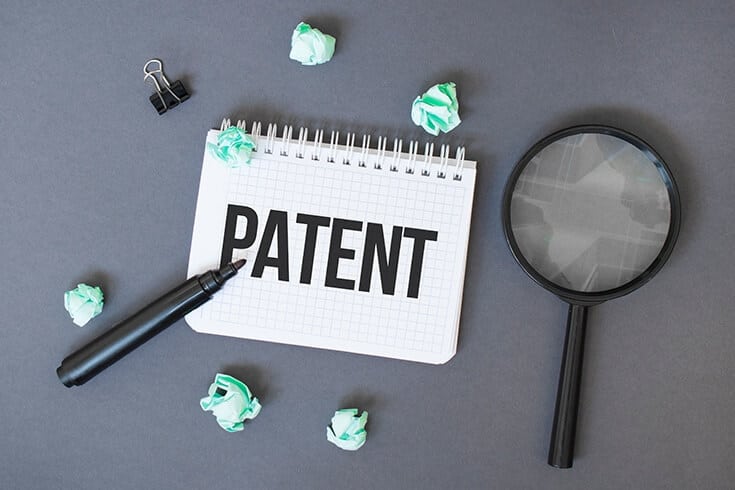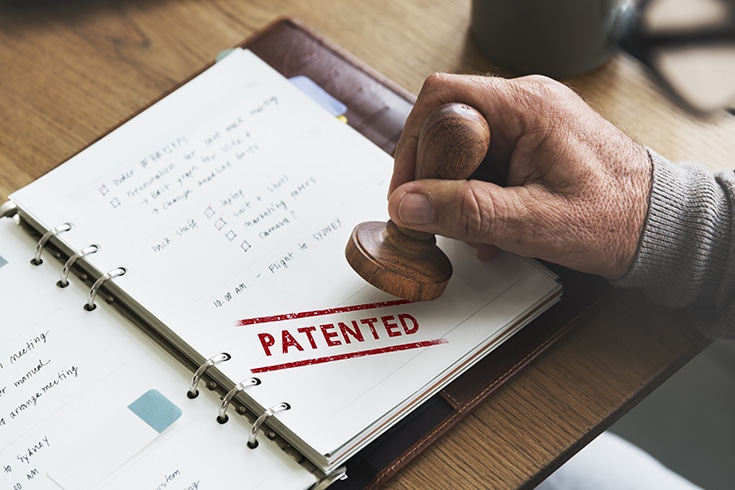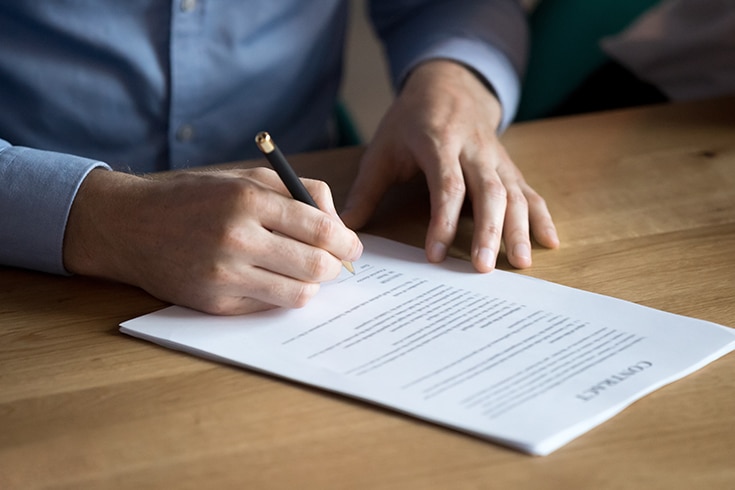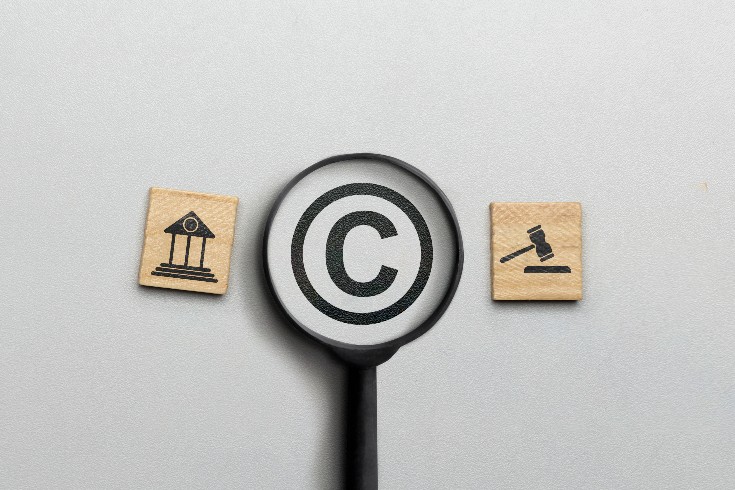What is the Duration of Patent Rights? Explaining the Purpose of the Law and Extension Registration

The Japanese Patent Law grants patent rights to technical ideas such as inventions. This allows only those who hold the patent rights to utilize the invention for a certain period of time, thereby ensuring the economic value derived from the use of the invention.
While patent rights have strong effects, they are not perpetual like land ownership rights. Patent rights are set to expire after a certain period of time, and this duration is referred to as the term of the patent.
In this article, we will explain the term of patent rights and the system of extension registration, which is provided as an exception.
Duration of Patent Rights
The Japanese Patent Law aims to encourage invention and contribute to the development of industries by promoting the protection and utilization of inventions (Article 1 of the Japanese Patent Law).
An invention protected by the Japanese Patent Law is an excellent technical idea that did not exist before. However, if those other than the patent holder are not allowed to freely utilize it forever, the original purpose of industrial development would be hindered.
On the other hand, no matter how excellent a technical idea is, it will become outdated over time, so there is no need to provide protection under the Japanese Patent Law for too long.
Therefore, to balance the benefits brought to the inventor and the benefits gained from industrial development, the duration of patent rights is set to end 20 years from the patent application date as a principle (Article 67, Paragraph 1 of the Japanese Patent Law).
https://monolith.law/corporate/patent-merit-lawyer-invention[ja]
Variation in Duration of Existence

Patent rights are considered to be established when they are registered with the Patent Office (Article 66 of the Japanese Patent Law). Therefore, the actual duration of the patent right is the period of 20 years minus the time it takes from the patent application to the registration.
Since patent rights are registered after careful examination, it is assumed that the examination will take a certain period of time, and in fact, the examination usually ends within a certain period of time.
However, depending on the status of the applicant’s document submission and the examination status at the Patent Office, it may take longer than the expected period from the patent application to the patent assessment and the registration of the patent right. This can cause variations in the duration of existence, and the period in which the patent right holder can exercise their rights may be shortened.
The setting that the patent application ends 20 years from the date of application creates this situation. This is in accordance with the TRIPS Agreement, which was enacted on January 1, 1995 (Heisei 7) and amended on January 23, 2017 (Heisei 29). The agreement aims to obligate member countries to provide adequate protection of intellectual property rights and to establish procedures for the exercise of rights for the maintenance of international free trade order.
Here, if the duration of the patent right is extended for the period during which the patent right holder cannot exercise their rights, it will be beneficial for the patent right holder.
On the other hand, for third parties who may be subject to the exercise of patent rights, if the duration of the patent right is unnecessarily extended, it may affect the stability of their business, etc.
Therefore, the Japanese Patent Law has established a system of extension registration of the duration of patent rights, taking into consideration the fairness among applicants due to the extension of the duration, the impact on third parties, etc., while securing the period of exercise of rights by the patent right holder.
Extension of Patent Right Duration

The system of extending the duration of patent rights allows for the continuation of patent rights even after the expiration of the 20-year period following the application. This system was implemented in December 2018 (Heisei 30) under the new Japanese Patent Law, Article 67, Paragraphs 2 and 4, which provide two types of extension registration.
Extension Registration under Article 67, Paragraph 2 of the Japanese Patent Law
The extension registration under Article 67, Paragraph 2 of the Japanese Patent Law refers to the “extension registration due to delay in examination by the Japanese Patent Office”.
Since the duration of patent rights is calculated from the date of patent application, if the examination takes time, the period of rights will be shortened. It is not appropriate to apply this rule even when the delay in registration is due to unreasonable examination by the Japanese Patent Office.
Therefore, under Article 67, Paragraph 2 of the Japanese Patent Law, if the patent right is not registered until the later of the date five years after the date of patent application or three years after the request for examination, the duration of the patent right can be extended by application for extension registration, up to the period delayed due to unreasonable examination by the Japanese Patent Office. However, periods attributable to causes other than examination by the Japanese Patent Office are not subject to extension.
Extension Registration under Article 67, Paragraph 4 of the Japanese Patent Law

The extension registration under Article 67, Paragraph 4 of the Japanese Patent Law refers to the “extension registration for the period necessary to receive an administrative disposition”.
Patent rights are generally considered to consist of the “right to implement the patented invention (right of implementation or positive effect)” and the “right to exclude others from implementing it (right of prohibition or negative effect)”. However, for inventions related to pharmaceuticals and pesticides, even if a patent is granted, sales and manufacturing cannot be conducted until procedures for ensuring safety by the supervisory agency are completed.
In such cases, the patent holder can exercise the right of prohibition even without permission during the period until permission is received, but cannot exercise the right of implementation, and can only exercise the patent right in an incomplete form.
Therefore, Article 67, Paragraph 4 of the Japanese Patent Law aims to recover the period during which the patent invention could not be implemented due to the need to receive an administrative disposition, and allows for extension registration for that period, up to five years after the expiration of the 20-year period (or after the expiration of the extended period based on Article 67, Paragraph 2).
In Article 67, Paragraph 4 of the Japanese Patent Law, the “permission or other disposition” of the supervisory agency that is subject to extension registration is only referred to as “a law aimed at ensuring safety, etc. in the implementation of the patented invention”. However, Article 2 of the Enforcement Regulations of the Japanese Patent Law specifies registration or approval based on the “Japanese Agricultural Chemicals Control Act” and the “Japanese Act on Securing Quality, Efficacy and Safety of Products Including Pharmaceuticals and Medical Devices” as the targets.
Summary
We have explained the expiration of the term of a patent as one of the reasons for the extinction of patent rights. However, patent rights can also be extinguished due to:
- Non-payment of patent fees (Japanese Patent Law, Article 112, Paragraph 4)
- Non-existence of an heir (Japanese Patent Law, Article 76)
- Abandonment of patent rights (Japanese Patent Law, Article 97)
- Final decision of invalidation (Japanese Patent Law, Article 125)
- Revocation of a patent (Japanese Antimonopoly Law, Article 100)
Therefore, if there is a suspicion of patent infringement, either committed or suffered, it is necessary to first confirm whether the patent rights have not been extinguished.
Category: General Corporate
Tag: General CorporateIPO





















